Rencontre virtuelle entre Arts et Métiers et l’Université de technologie de Tokyo

Le 1er mars, le campus Arts et Métiers de Paris a participé à l’événement « on-line global study programme » de l’Université de technologie de Tokyo.

Le 1er mars, le campus Arts et Métiers de Paris a participé à l’événement « on-line global study programme » de l’Université de technologie de Tokyo.
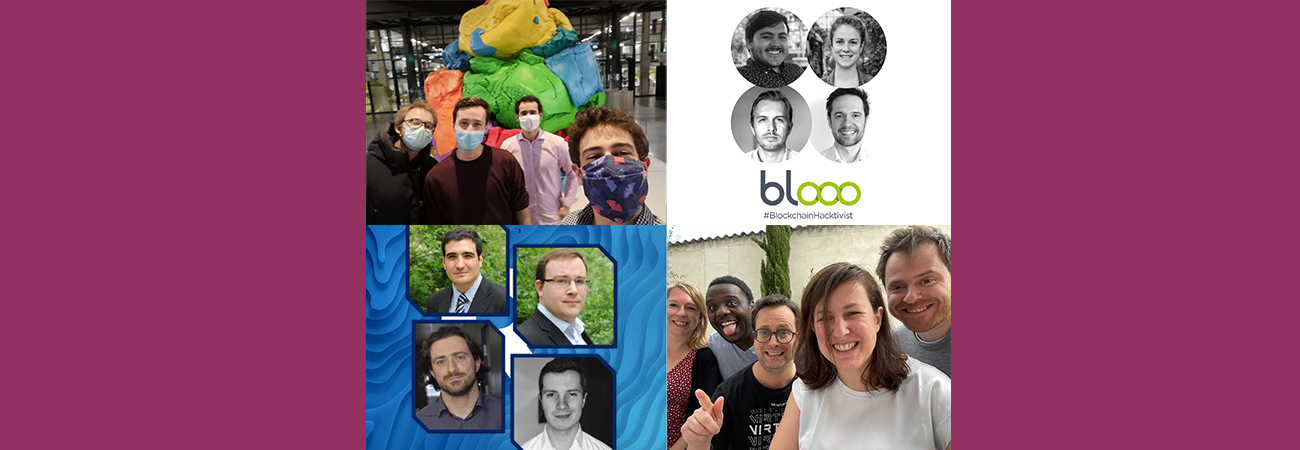
Depuis janvier, l'incubateur Arts et Métiers du campus de Paris accueille 4 nouvelles start-ups : XR one, Révéléo, Blooo et Heqtor

Mickael Audureau, Clément Cazautes, Robin Genty et Tom Lopez sont d’anciens du campus de Bordeaux-Talence, ayant d'abord suivi le programme Bachelor de Technologie, puis la formation Ingénieurs de Spécialité en Production/Maintenance. Lors de leurs études, ils ont développé une machine multi-procédés, et se sont lancés dans l'entrepreneuriat une fois leur diplôme en poche.
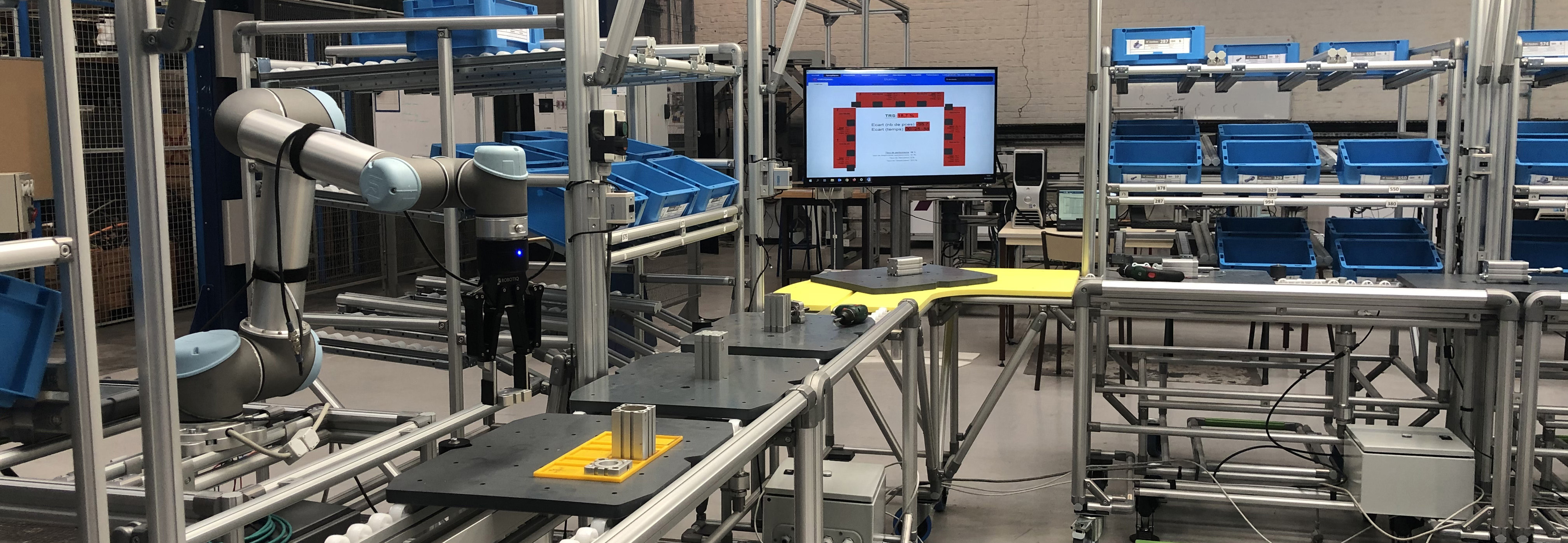
L’expertise Gestion Industrielle forme à l’organisation industrielle dans un contexte d’industrie 4.0. Adaptation du programme, lancement d’une chaire de formation, contrat de professionnalisation : Bilan et perspectives pour cette unité d’expertise qui fête ses 5 ans.
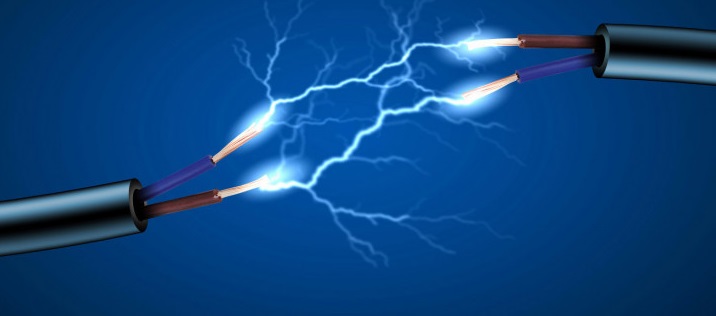
Stéphane Chevalier, Maître de Conférence sur le campus de Bordeaux-Talence, a récemment obtenu un financement ANR pour le projet I2MPAC. Il nous présente ce projet.
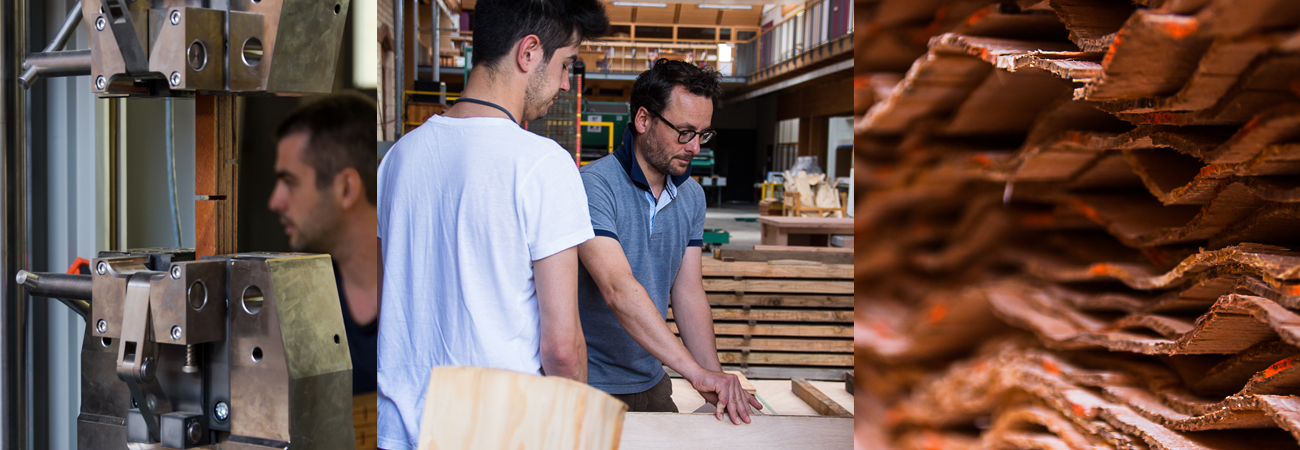
Louis DENAUD, enseignant chercheur HDR du campus Arts et Métiers de Cluny et lauréat du prix Recherche partenariale de l’Institut Carnot Arts, revient sur le développement de l’industrie du Futur. Il se réjouit que l’Etablissement prenne le parti de privilégier les circuits courts et de limiter l’impact environnemental de l’activité industrielle car ces enjeux définissent l’ADN de l’équipe Bois du LaBoMaP.
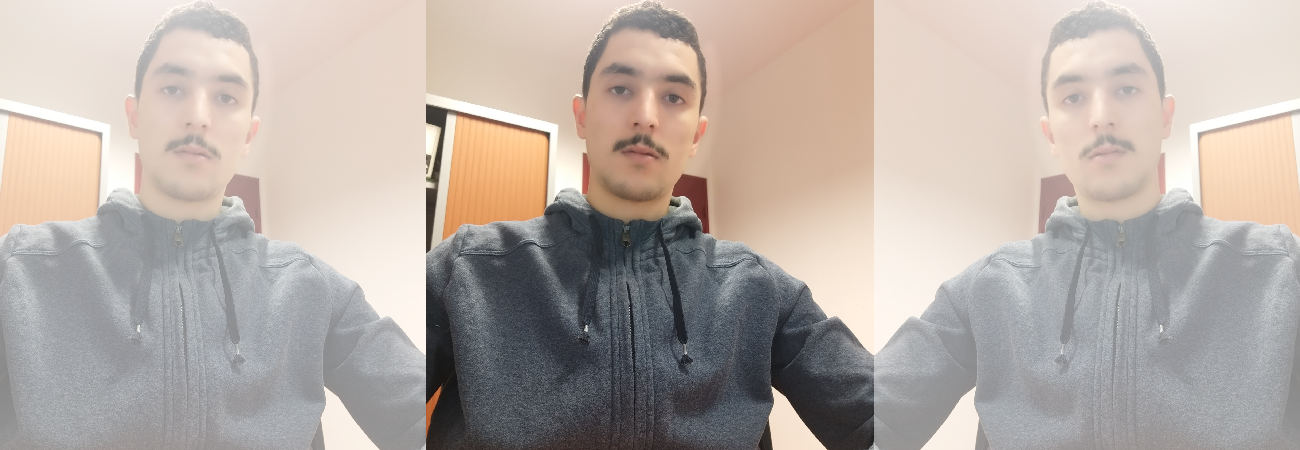
Dans le cadre du laboratoire commun et de la chaire entre Arts et Métiers et ESI group, Mohammed El Fallaki Idrissi a débuté sa thèse sur la prédiction du comportement des matériaux composites grâce à l’Intelligence Artificielle. Interview de ce doctorant passionné par la recherche.